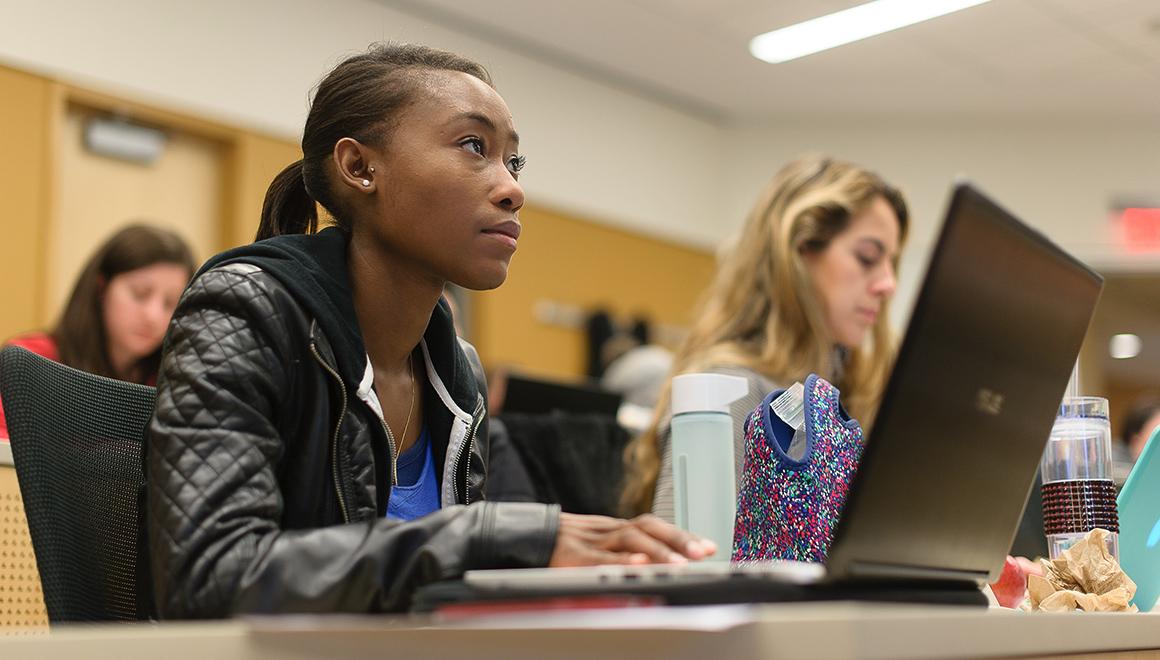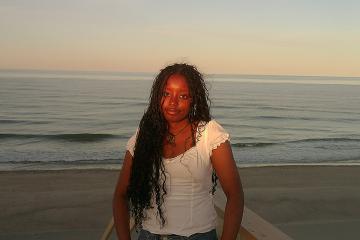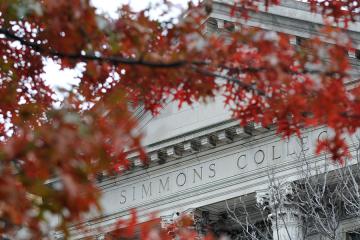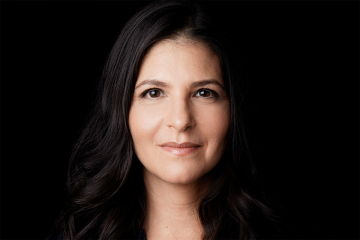Writing

Channel your voice through the written word
Learn to write with insight, clarity, and creativity. As a Writing major, you’ll explore the craft of writing by reading and producing essays, short stories, and poems. You’ll analyze the works of published authors through a writer's perspective.
Writing well is both a personal enrichment and practical, professional skill. You’ll engage in a timeless form of creative expression. Award-winning faculty who are poets, novelists, literary scholars, and cultural critics will guide you. You'll fine-tune your technique through collaboration and revision, and ultimately become a better, more confident writer.
Boston internship opportunities for Writing majors
Take advantage of internships in Boston and beyond. You’ll build your skills and resume and learn from mentors in their fields.
Recent internships include:
- Charlesbridge Publishing
- The Actors' Shakespeare Project
- Make-a-Wish Foundation
- Brookline Center for the Arts
- Horn Book Magazine
- Candlewick Press
- Boston Ballet
What can you do with a BA in Writing?
As a graduate from our program, you’ll know how to read carefully, analyze complex material, and communicate clearly. These skills translate well in today’s job marketplace.
Writing majors thrive in careers across many industries. Some areas include advertising, business, government service, journalism, law, media, publishing, public service, technology, and writing.



